If a sportsman true you’d be
Listen carefully to me…
Never, never let your gun
Pointed be at anyone.
That it may unloaded be
Matters not the least to me.
When a hedge or fence you cross
Though of time it cause a loss
From your gun the cartridge take
For the greater safety’s sake.
If twixt you and neighbouring gun
Bird shall fly or beast may run
Let this maxim ere be thine
“Follow not across the line.”
Stops and beaters oft unseen
Lurk behind some leafy screen.
Calm and steady always be
“Never shoot where you can’t see.”
You may kill or you may miss
But at all times think this:
“All the pheasants ever bred
Won’t repay for one man dead.”
Keep your place and silent be;
Game can hear, and game can see;
Don’t be greedy, better spared
Is a pheasant, than one shared.
By Mark Hanbury Beaufoy
About the poem
Beaufoy penned A Father’s Advice in 1902 to accompany the gift of a 28-bore shotgun to his eldest son, Henry, then aged 15. Also passing one hundred copies on to friends, the verses were soon spread throughout the shooting community; just as prudent now as they were more than a century ago, the poem is still recounted by shooting circles to this day.
A man of many talents, Beaufoy was a successful businessman and would serve at various times as Liberal MP for Lambeth, High Sheriff of Wiltshire, Justice of the Peace and as chairman of The Kennel Club. He played in the winning side of the 1879 FA Cup Final (albeit in a match described as “the poorest FA Cup Final to date”).
A keen philanthropist, he was a key supporter of the eight-hour day movement, a benefactor to the City of London School, and founded the Beaufoy Institute in 1907 to provide an education to children ‘too ragged’ to be admitted to normal schools.
Beaufoy’s legacy
Characteristically modest, Beaufoy himself wrote “Perhaps
Beaufoy’s eldest son and original recipient of the poem, Henry, became a life-long sportsman and would go on to become High Sheriff of Oxfordshire in 1944. His middle son, George, was tragically killed by a German bomb on May 10th 1941 during one of the very final bombing runs of the Blitz. His youngest son, Robert, lost an arm in the First World War but had so inherited his father’s passion for shooting that he continued regardless, becoming an excellent one-armed shot.
The white cupola of the Beaufoy’s vinegar factory can still be spied from the south-westerly approach into Vauxhall train station, while the building of the Beaufoy Institute (having been taken over and subsequently sold off by Lambeth Council) still bears the inscribed stone laid by his wife Mildred.

